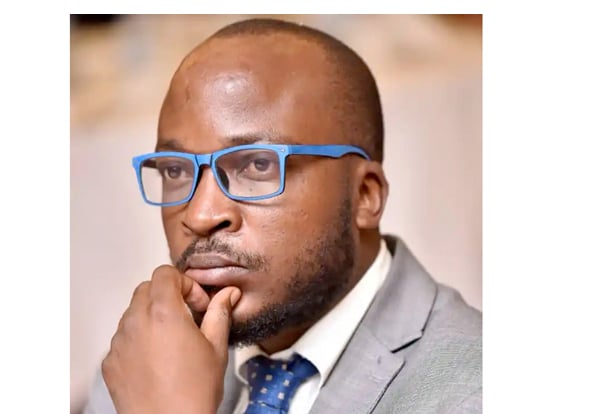Wikileaks links Ugandan envoy to former American president

A report in Wikileaks reveals that during Idi Amin’s rule between 1974 and 1975, former American president George Herbert Walker Bush, Chief of the US Liaison Office in China at the time, desperately tried to obtain medical treatment at an American facility in Japan for the wife of William SK Matovu, Uganda’s first ambassador to China.
Since the US at the time maintained official relations with Taiwan and not the People’s Republic of China, the US Liasion Office in Peking (now Beijing) did not have the status of an embassy and Bush did not hold the position of ‘ambassador’ although he unofficially acted as one.
However, the 14 months he spent in China were largely seen as beneficial for US-China relations.
In a brief to the State Department, George Bush reported that ambassador Matovu had discussed in considerable detail with him a throat condition of his wife which could be cancerous.
The wife was undergoing tests at Peking Capital Hospital, but probably because the services at the hospital had been disrupted by the Cultural Revolution, no final word was expected ‘before early December’.
George Bush described Matovu as ‘young, able and, in our opinion likely to rise to important positions in the Uganda Government’.
He was a graduate of America’s Boston College and quite pro-American, he added.
“Understandably”, George Bush went on, “Both Matovu and his wife are greatly upset and she is now also being treated for a heart condition. We would appreciate the Department’s views on the feasibility of offering Ms Matovu examination and possibly treatment at the DOD facility in Japan.
“Apart from the obvious humanitarian aspect of this situation, we believe that political advantage might be derived from a positive US approach to it even though we fully understand the complexities in the state of relations between Uganda and the US”, George Bush stated.
“We anticipate that with the opening of Japan-Peking air routes, we may be approached by other diplomats in Peking on the subject of medical treatment at the DOD facility in Japan. It would be helpful to know if this might be feasible, and the steps that must be taken to obtain appropriate DOD authorisation. We assume that in such cases, those involved, including Uganda, would be willing to pay their own expenses”, George Bush concluded and urged the State Department to express its views soonest.
Ms Matovu eventually got healed at Peking Capital Hospital, but I have not been able to establish what happened to George Bush’s proposal regarding the DOD facility in Japan.
During his tenure in China, he was concurrently accredited to North Korea, North Vietnam and Cambodia, the first ambassador of Uganda to represent Uganda in those countries. He previously served as Charge d’Affairs ad interim to the former Soviet Union, Ethiopia and Ghana.
After China, he served as High Commissioner to India and was concurrently accredited to Bangladesh and Sri Lanka.
Upon assuming power in 1986, the National Resistance Movement appointed Mr Matovu as ambassador to Zaire and later as High Commissioner to the United Kingdom.
He was at the time of his retirement Chief of Protocol at the Foreign ministry and thereafter worked for some time with the United Nations in Cambodia.
Ambassador Matovu retired from the Uganda foreign service in 1992 and is now minister for the Royal Treasury and chief palace advisor at Mengo, seat of the Kabaka’s government.
Mr Kiwanuka is a journalist, retired foreign service officer.




